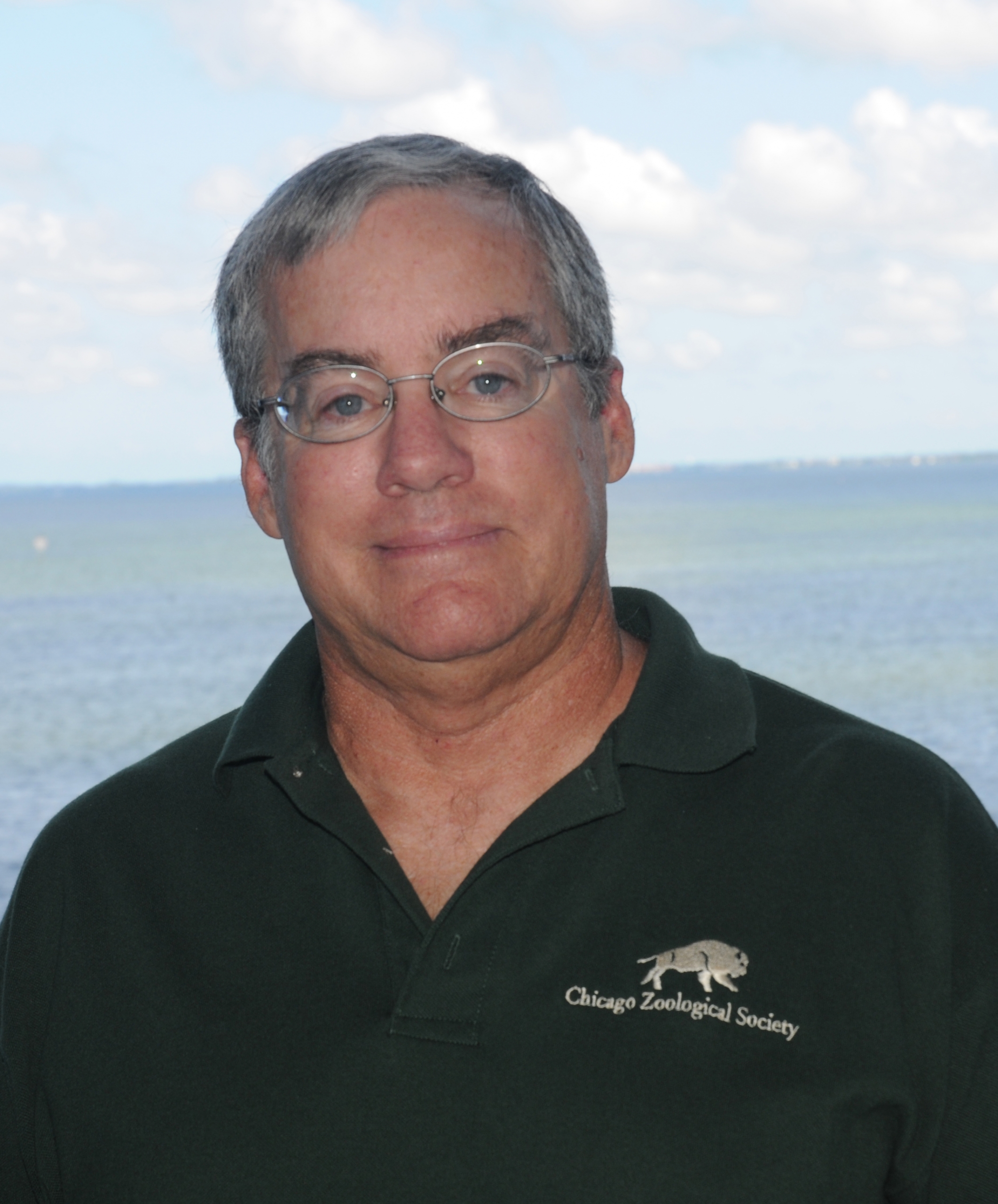Randall Wells, Ph.D.
Director
Wells is also Chairman of the Board of the Dolphin Biology Research Institute, (DBRI) a Sarasota-based 501(c)3 nonprofit corporation established in 1982 to provide logistical support to the Sarasota Dolphin Research Program with research vessels, towing vehicles, computers, cameras, field equipment, etc., and serves as the DBRI Treasurer.
Dr. Randall Wells directs the Sarasota Dolphin Research Program which conducts the world’s longest-running study of a wild dolphin population. He began studying bottlenose dolphins in Sarasota Bay, Florida, as a high school volunteer at Mote Marine Laboratory in 1970, engaging in behavioral studies of shark-dolphin interactions as well as dolphin tagging. Wells received his Bachelor’s degree in Zoology from the University of South Florida in 1975, his Masters in Zoology from the University of Florida in 1978, his Ph.D. in Biology from the University of California, Santa Cruz in 1986, and he was awarded a post-doctoral fellowship with Woods Hole Oceanographic Institution in 1987. He has worked with the Chicago Zoological Society since 1989, where he is currently Vice President of Marine Mammal Conservation. Wells is a Professor of Ocean Sciences (adjunct) at the University of California, Santa Cruz, and Professor of Marine Mammal Science (adjunct) at the University Florida, through which he supervises masters and doctoral students.
Wells’ current research program uses a collaborative approach to examine the behavior, social structure, life history, ecology, health, and population biology of bottlenose dolphins along the central west coast of Florida, with studies focusing on up to five concurrent generations of a locally resident ~170-member dolphin community. Recent research topics include the effects of human activities on coastal dolphins, such as boat traffic, fishing activities, human feeding of wild dolphins, and environmental contaminants, and the impacts of other environmental disturbances such as red tides. Wells has been involved in the development, refining, attachment, testing, and deployment of dolphin tags, including telemetry tags, since 1970. Wells has served as principal (PI) or co-PI for more than 200 funded marine mammal research projects. He has led or been a PI for bottlenose dolphin health assessment projects in Sarasota Bay, FL, Beaufort, NC, St. Joseph Bay, FL, Brunswick, GA, Mississippi Sound, Barataria Bay, LA, and Bermuda.
In addition to bottlenose dolphin research, Wells has engaged in surveys to define the distribution of the highly endangered vaquita in the Gulf of California, studies of the behavior of: spinner and pantropical spotted dolphins in Hawaii, Guiana dolphins in Brazil, blue, gray, and humpback whales, ranging, social, and dive patterns of franciscanas off Argentina and Brazil, the effects of industrial activities on bowhead whales in the Beaufort Sea, the impacts of boat traffic on manatees in Florida and Belize, and the reintroduction and/or follow-up tracking of captive, rescued, and rehabilitated bottlenose, Risso’s, Guiana, Atlantic spotted, and rough-toothed dolphins, and short-finned pilot, pygmy killer, and melon-headed whales back into their native waters. He has participated in conservation consultations on: baiji and finless porpoises in China, Indo-Pacific bottlenose dolphins in the Solomon Islands, Chinese white dolphins off Hong Kong, vaquitas in Mexico, and Mekong River dolphins in Cambodia.
Wells has authored or co-authored 4 books, more than 260 peer-reviewed journal articles and book chapters, >100 technical reports, and 13 popular or semi-popular pieces. He has been presenter or co-author of more than 600 presentations at professional meetings or invited public or university lectures. Wells was President of the international Society for Marine Mammalogy during 2010-2012. Wells also serves on the Committee of Scientific Advisors on Marine Mammals for the U.S. Marine Mammal Commission, on the NOAA/USFWS Atlantic Scientific Review Group, and he is past-chair of the NOAA/USFWS Working Group on Marine Mammal Unusual Mortality Events. Wells serves on IUCN’s Cetacean Specialist Group and Reintroduction Specialist Group, and on the Steering Group for the national Animal Telemetry Network.





